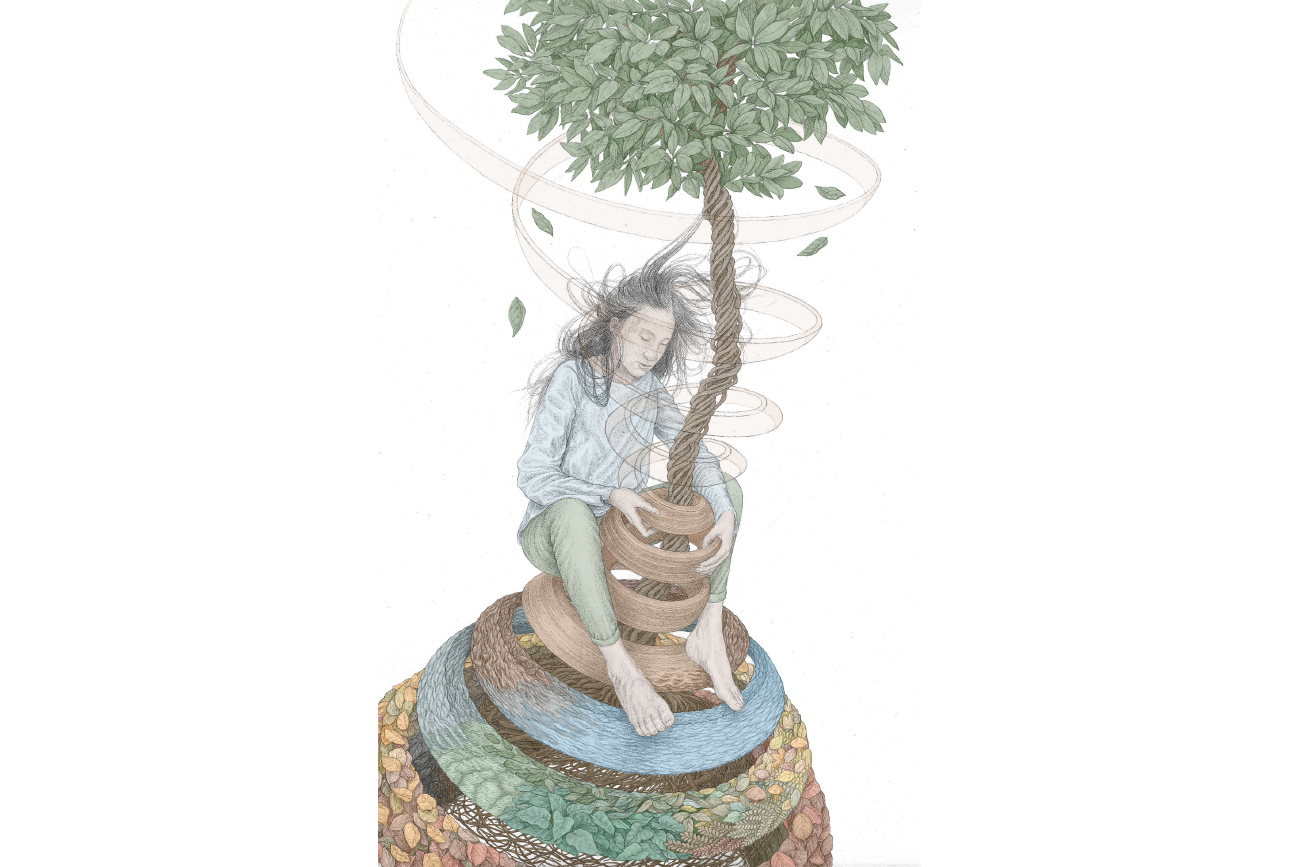
La Alfarería Taller de metodologías posibles en investigación social
Fecha: 18 de octubre de 2018
Hora: 2:00 pm - 5:00 pm
Lugar: G-701
El programa de Antropología y el Laboratorio Interdisciplinar de Ciencias y Procesos Humanos (LINCIPH) invitan a participar en el primer taller “Calendarios ecológicos, agroalimentarios y festivos.”
¿Cómo se expresan en nuestra experiencia los ciclos vitales? ¿Qué son y cómo se construyen los calendarios ecológicos, agroalimentarios y festivos? ¿En qué conocimientos es necesario profundizar para lograr construirlos? Son algunos de los interrogantes que se debatirán en este espacio.
El taller será guiado por las docentes e investigadoras Sandra Frieri Gilchrist, del programa de PsicologÃa, y MarÃa Clara Van Der Hammen del programa de AntropologÃa. Conocedoras del diseño de calendarios agroecológicos.
La AlfarerÃa es un espacio en el que se invita a distintos investigadores a proponer una posibilidad para compartir con docentes, estudiantes y egresados, aprendizajes que consideren necesarios, para asà aprender haciendo. Los aprendizajes han implicado un hacer cuidadoso y comedido. El taller está pensado desde la posibilidad de reconocer el anhelo de investigar, siempre desde una potencia, y, que lo social es la materia prima que exige de los investigadores cultivar el conocimiento como artefacto.
Cupos limitados, previa inscripción.
Â
Ilustración: Esteban Ardila PlatarruedaÂ

